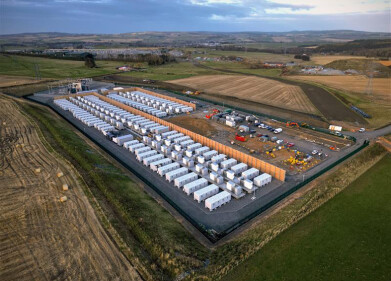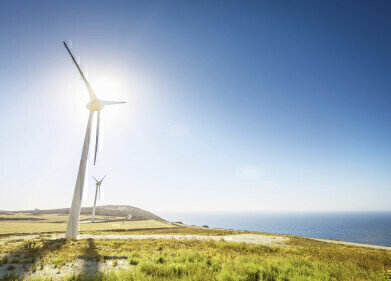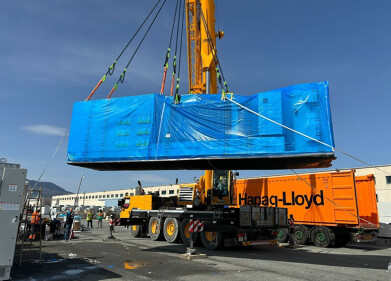Green energy
Why Is COP27 Taking Place?
Nov 07 2022
The 27th Conference of the Parties – or COP27 – is taking place this November from the 6th to the 18th of the month. In this context, the “parties” refers to 197 signatories to the Framework Convention on Climate Change, a climate treaty written and championed by the UN. An annual event, this year’s COP will take place in Sharm El Sheikh in Egypt.
That location is particularly important, since it’s the first climate summit to be held in Africa since 2016 and only the third ever to be hosted on that continent. Given that Africa is home to some of the world’s most vulnerable communities, it’s hoped that the conference can allow regional leaders to drive the dialogue and finally secure the financing from their richer counterparts that has been promised and in the pipeline for well over a decade already.
Urgent issues
Scientists have long warned that anthropogenic climate change is going to have devastating repercussions for the future of humanity if left unchecked – and 2022 has only confirmed those concerns. Europe experienced its hottest summer on record, while Hurricane Ian decimated the USA and the Caribbean. Meanwhile, Pakistan suffered temperatures in excess of 50°C, before monsoon flooding inundated a third of the country’s territory.
The Intergovernmental Panel on Climate Change (IPCC) has backed up this tangible real-world evidence with two published reports, both of which make for grim reading. Global temperatures have already risen almost 1.3°C above pre-Industrial levels and in order to avoid exceeding 1.5°C – which would signal devastating and irreversible consequences for millions of people around the world – drastic action must be taken urgently. That’s where COP27 comes in.
The “implementation COP”
The tagline for the Egypt event styles it as the “implementation COP”, during which promises and pledges from previous conferences are finally realised. In particular, this refers to those made at the Paris summit in 2015, which was the first event at which all of the world’s nations agreed to take decisive and collective action on climate change going forwards.
World leaders will be asked to update their nationally determined contributions (or NDCs), which outline the specific measures that each country will take to mitigate the climate crisis. Prior to the event launching, only around two dozen nations had published an updated NDC and while some western countries are driving ahead with green energy, many others are dragging their heels. Even more concerningly, the pledges made thus far are insufficient to prevent a 2°C rise in global temperatures, let alone a 1.5°C hike.
Climate financing is key
Another major topic on the agenda at COP27 will be the climate financing that was first promised to developing nations by their industrialized counterparts as far back as 2009. That year, those who have benefited most from industrial activity – and contributed the most to global warming in the process – promised to provide the developing world with $100 billion per year by 2020 in order to prepare for a more sustainable and environmental tomorrow.
However, that target has been consistently missed and it now appears that 2023 is the earliest year in which it could happen; COP27 will be all-important in ensuring that happens. What’s more, vulnerable nations are also calling on their wealthier counterparts to pay “loss and damage” reparations for the damage already caused by their industrial activity to date. COP27 provides the perfect opportunity for that funding to unfold.
Events
Mar 18 2025 Expo Santa Fe, Mexico
Mar 18 2025 Moscow, Russia
Mar 19 2025 Manila, Philippines
Mar 20 2025 Guangzhou, China
Mar 24 2025 National Harbour, MD, USA














